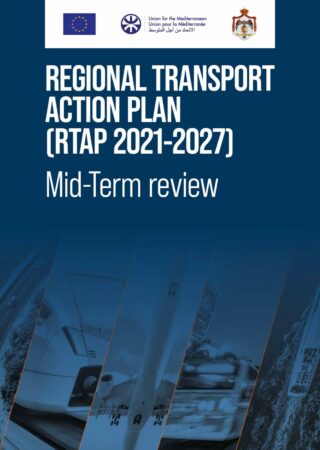
Easy and safe access to flows of goods and people over land and sea is essential for regional prosperity and integration. The UfM is actively engaged towards addressing the complex challenges facing the transport sector and developing an efficient, integrated, interoperable and sustainable transport infrastructure network through a holistic and integrated approach, with a view to improving transport connectivity in the Euro-Mediterranean region.
Sustainable urbanization is key to addressing climate change, and cities are potential drivers for sustainable development, economic growth and stability. With this in mind, the UfM works to implement the UfM Urban Agenda for the Mediterranean region following a cooperative approach that underscores the joint efforts of governments, local and regional authorities, developers, financiers and civil society, with the ultimate aim of improving the liveability of Mediterranean urban areas by ensuring that urban growth is turned into opportunities.
PRIORITIES
Develop a regional transport network fostering socio-economic development and regional integration
Contribute to implementing the UfM Urban Agenda with a view to fostering inclusive, safe, resilient and sustainable urban development
The cost of trade between neighbours is twice as high among
the MENA economies compared with those of Western Europe
60% of the Mediterranean population is living in urban areas, where the
rapid increase in urban population constitutes a major challenge for sustainable urban development
Nearly 80%
of the Mediterranean countries’ populations
will be concentrated on 10% of the land – predominantly the coastline – by 2030
First UfM Ministerial Conference on Sustainable Urban Development
10 November 2011
Send us
your project proposal







